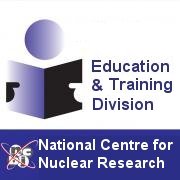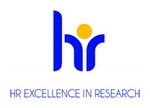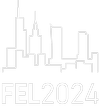Hubble trouble or Hubble bubble?
2020.01.27 10:04 - AgnieszkaTurlejThe recent analysis of low-redshift supernovae (SN) has increased the apparent tension between the value of H0 estimated from low and high redshift observations such as the cosmic microwave background (CMB) radiation. At the same time other observations have provided evidence of the existence of local radial inhomogeneities extending in different directions up to a redshift of about 0.07. About 40% of the Cepheids used for SN calibration are directly affected because are located along the directions of these inhomogeneities. We derive a new simple formula relating directly the luminosity distance to the monopole of the density contrast, which does not involve any metric perturbation. We then use it to develop a new inversion method to reconstruct the monopole of the density field from the deviations of the redshift uncorrected observed luminosity distance respect to the LambdaCDM prediction based on cosmological parameters obtained from large scale observations. The inversion method confirms the existence of inhomogeneities whose effects were not previously taken into account because the 2M++density field maps used to obtain the peculiar velocity for redshift correction were for z≤0.06, which is not a sufficiently large scale to detect the presence of inhomogeneities extending up to z=0.07. The inhomogeneity does not affect the high redshift luminosity distance because the volume averaged density contrast tends to zero asymptotically, making the value of H0 obtained from CMB observations insensitive to any local structure. The inversion method can provide a unique tool to reconstruct the density field at high redshift where only SN data is available, and in particular to normalize correctly the density field respect to the average large scale density of the Universe.
Best regards,
Andrzej Hryczuk
Kamila Kowalska
Kazuki Sakurai
Enrico Maria Sessolo
Krzysztof Turzyński
| Attachment | Size |
|---|---|
| 167.28 KB | |
| 14.7 KB |













